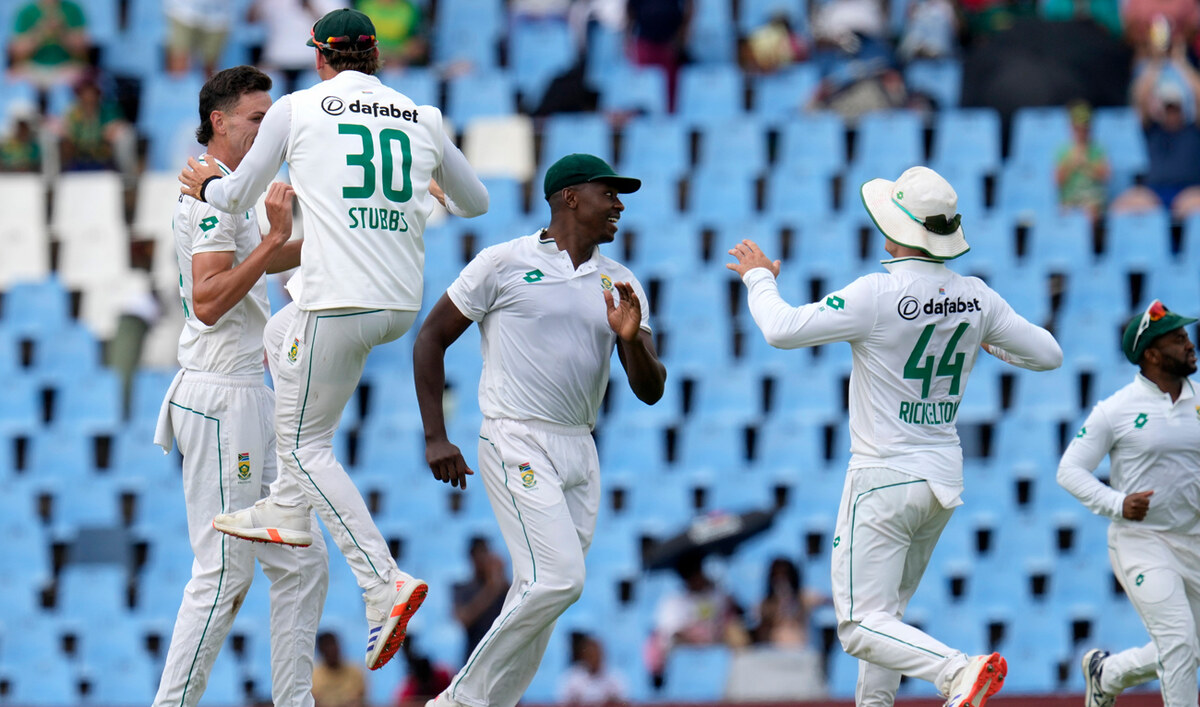UNITED NATIONS: Reaffirming its ‘whole-hearted’ support to Palestine, Pakistan has deplored the failure of the UN Security Council to condemn the deadly violence unleashed by Israeli troops in Gaza against the Palestinians protesting the US embassy move to Jerusalem.
“While this grave tragedy has unfolded on our television screens and in front of the international community, the Security Council has been unable to issue even a statement,” Ambassador Maleeha Lodhi, permanent representative of Pakistan to the UN, told an emergency meeting of OIC Ambassadors on Wednesday.
“One country (the United States) has again blocked the unanimous call of the 14 other members of the Council, to issue a press statement merely calling for an independent investigation into the incidents,” she said.
Monday was the bloodiest day in Gaza since the 2014 Israeli invasion of the Strip. Sixty people were killed and 2,700 were wounded.
Wednesday’s meeting of OIC Ambassadors was convened by Bangladesh at the request of Turkey to discuss the grave situation in Palestine. Bangladesh is the chair of the OIC Council of Ministers.
The Pakistani envoy described a call by some countries for both sides to exercise “restraint” a “disingenuous attempt” to equate the occupying power with the Palestinians.
“They cannot be equated, for one is an occupying power, with arms and ammunition and the other, an occupied people, with only an unyielding spirit to secure their right to self-determination.”
“The US action to shift its Embassy from Tel Aviv to Jerusalem is not only egregious violation of international law and contravention of the UN Charter’s prohibition of the forcible acquisition of territory, they also gravely undermine any prospect of a two-state solution in the Middle East,” Ambassador Lodhi added.
With the US having lost its standing as an honest broker in the Middle East, she said Pakistan endorsed calls for an expansion of the Middle East Quartet — the UN, EU, Russia and US — including greater representation from the region.
The Pakistani envoy also backed President Mahmoud Abbas’ call for an international peace conference this year to reinvigorate the stalled Middle East peace process.
















